Colistin is a drug from the group of antibiotics. The polypeptide antibiotic disrupts the permeability of the cell membrane of the bacteria and thus kills them.
What is colistin?

Colistin is a drug with high toxicity. For a long time, it was therefore mainly used locally as an ointment additive or as an aerosol for inhalation therapy. Colistin was used in particular in people with cystic fibrosis who suffered from colonization by Pseudomonas.
Systemic administration was avoided for a long time because of the active properties of the drug that are damaging to the kidneys. The antibiotic is now being prescribed systemically again more often. The reason for this is the increased occurrence of enterobacteria that are resistant to antibiotics from the carbapenem group of active substances. CRE (carbapenem-resistant enterobacteria) are mainly found in the USA, Israel, Turkey, Greece and North African countries. CRE can often only be treated with colistin, fosfomycin and tigecycline.
Colistin is also by the name Polymixin E. known. It belongs to the group of polymyxins and has been used therapeutically since 1959. Polymyxins are polypeptide antibiotics that consist of chemically branched, cyclic decapeptides.
Pharmacological effect
Colistin, more precisely colistimethate sodium (CMS), is a prodrug. Prodrugs are inactive or only slightly pharmacologically active substances that are only converted into an active ingredient after being metabolized in the organism. This process is also called metabolism. The prodrug becomes a metabolite. The prodrug concept is intended to improve the pharmacokinetic property of the drug. In the case of prodrugs, for example, the bioavailability often improves and the first-pass effect is reduced.
Colistin is administered parenterally, bypassing the gastrointestinal tract. After parenteral administration, the inactive active ingredient colistimethate sodium is converted into the active colistin base by the chemical process of hydrolysis. This is pharmacologically effective. 80 milligrams of CMS produce around 33 milligrams of colistin bases.
Colistin ensures increased permeability on the cell walls of the bacteria. This allows various substances to penetrate the bacterial cell. The osmolarity is disturbed and ultimately the bacterial cells burst.
Since gram-positive bacteria do not have an outer cell membrane in contrast to gram-negative bacteria, colistin only works with gram-negative bacteria. Shigella, Salmonella, Haemophilus influenzae, Acinetobacter and Pasteurella are sensitive to colistin. Klebsiella, Escherichia coli, Enterobacter and Pseudomonas aeruginosa are also mostly sensitive to the antibiotic. Proteus, gonococci, gram-positive bacteria and meningococci, however, are resistant.
Medical application & use
Colistin is only used today after careful risk-benefit assessment. One indication are patients with cystic fibrosis who are infected with Pseudomonas aeruginosa. Cystic fibrosis is a hereditary disease that is associated with the production of viscous secretions by the exocrine glands. Those affected suffer from chronic respiratory infections and gastrointestinal complaints. Pseudomonas aeruginosa causes pneumonia in patients with a suppressed immune system and compromised airways. These pneumonia are particularly common in cystic fibrosis patients or in patients who are in intensive care.
Colistin is also used to treat infections with the multi-resistant bacterium Acinetobacter baumannii. Acinetobacter baumanii is a human pathogenic short-rod bacterium from the Moraxellaceae family. The germ causes nosocomial infections worldwide. Nosocomial infections are infections that are causally related to hospital stays. Acinetobacter baumanii infections are mainly observed in ventilation patients in intensive care settings. The infection usually results in nosocomial pneumonia. Urinary tract infections, wound infections and blood poisoning are also caused by the resistant pathogen.
Risks & side effects
When taking colistin, there may be adverse effects. Allergic skin reactions or contact dermatitis are common. Allergic asthma attacks are also seen in response to colistin.
The antibiotic is also nephrotoxic. So it has a damaging effect on the kidneys. Acute necrosis of the small urinary tubules in the kidney can occur. This usually leads to acute kidney failure within a short period of time. The kidneys can no longer perform their filtration task, so that more and more substances that are subject to urine accumulate in the blood.
Colistin is not only nephrotoxic, but also neurotoxic. Possible symptoms of nervous system damage are dizziness, convulsions, coma, visual disturbances, or impaired speech. Blood damage can also be caused by the antibiotic.
Due to its nephrotoxic effect, colistin must not be used in patients with renal insufficiency. Severe cardiac elimination disorders are also a contraindication. Hypersensitivity to the active ingredient colistin or to other polymyxins is also an exclusion criterion. Due to the serious possible side effects for the unborn or the newborn, colistin must not be administered during pregnancy or breastfeeding.
It should be noted that the side effects are increased when combined with nephrotoxic agents. Such nephrotoxic drugs include vancomycin, loop diuretics, and aminoglycosides, among others. Active ingredients with neuromuscular blocks, such as muscle relaxants, can also increase the side effects of colistin.

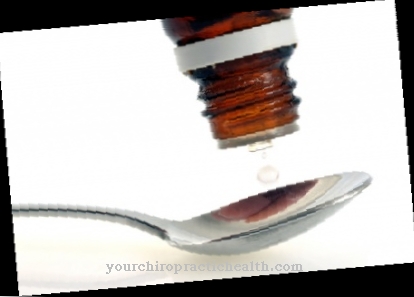
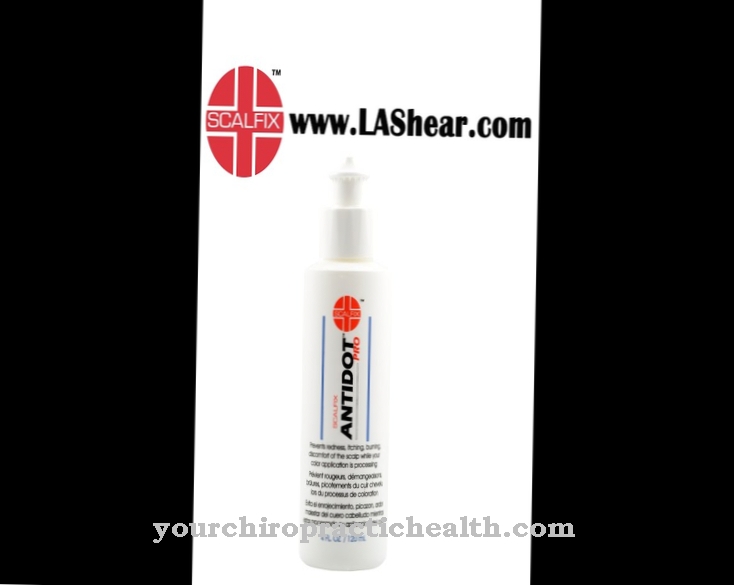
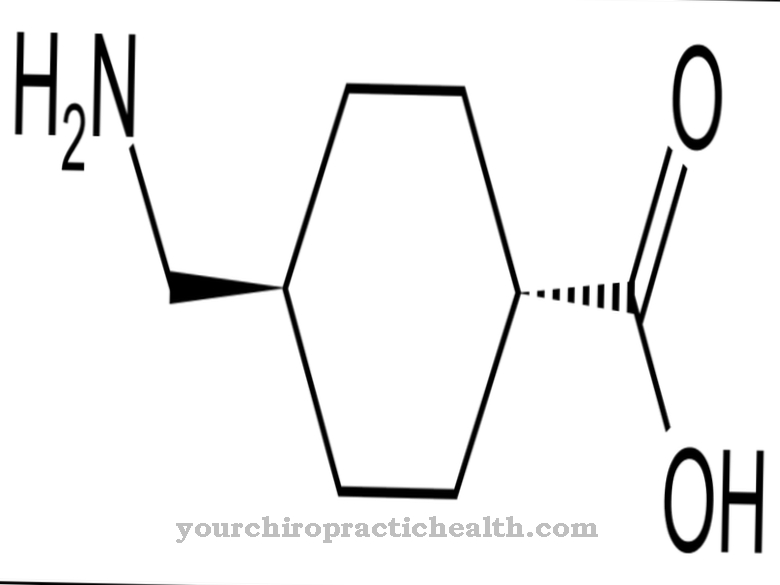

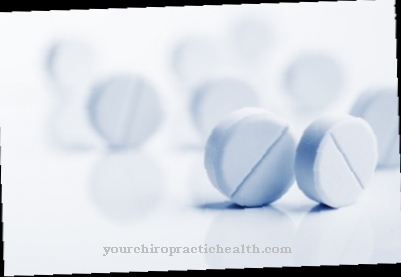
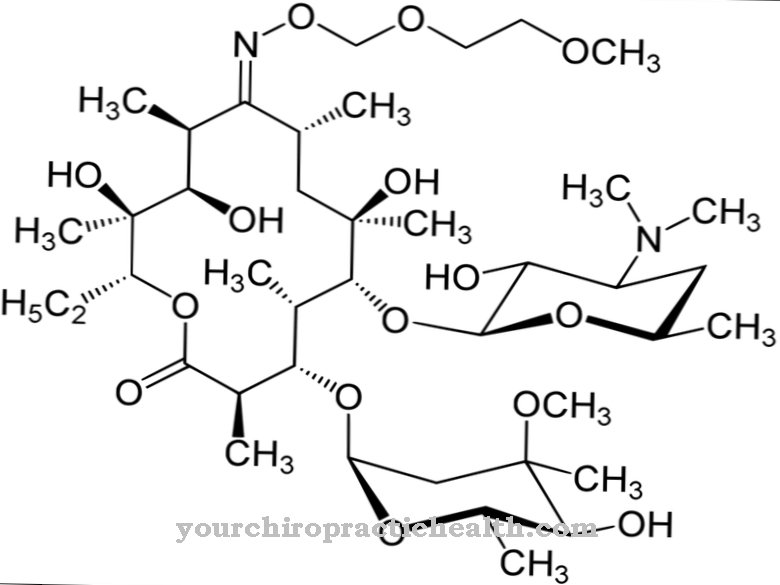






.jpg)

.jpg)
.jpg)











.jpg)